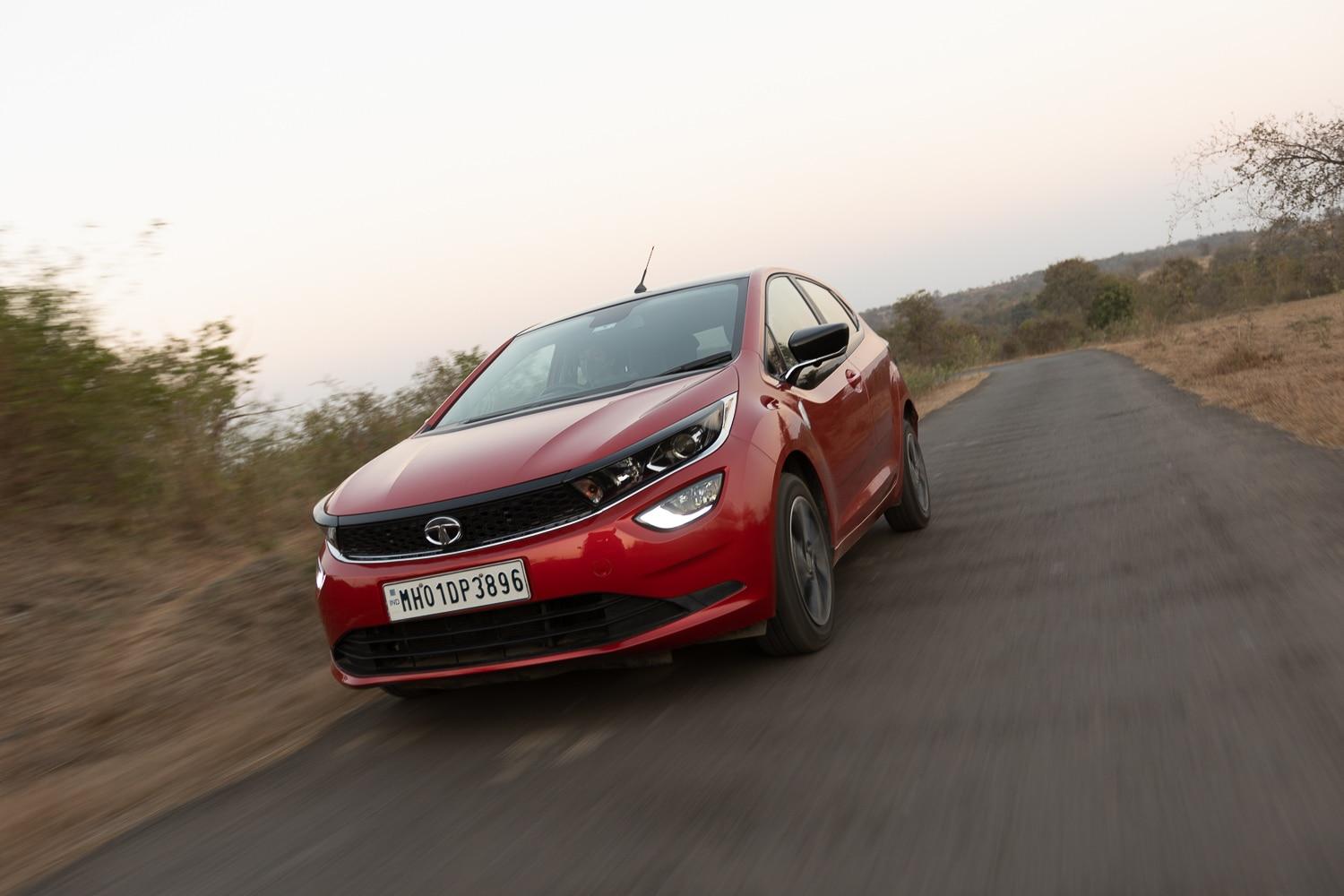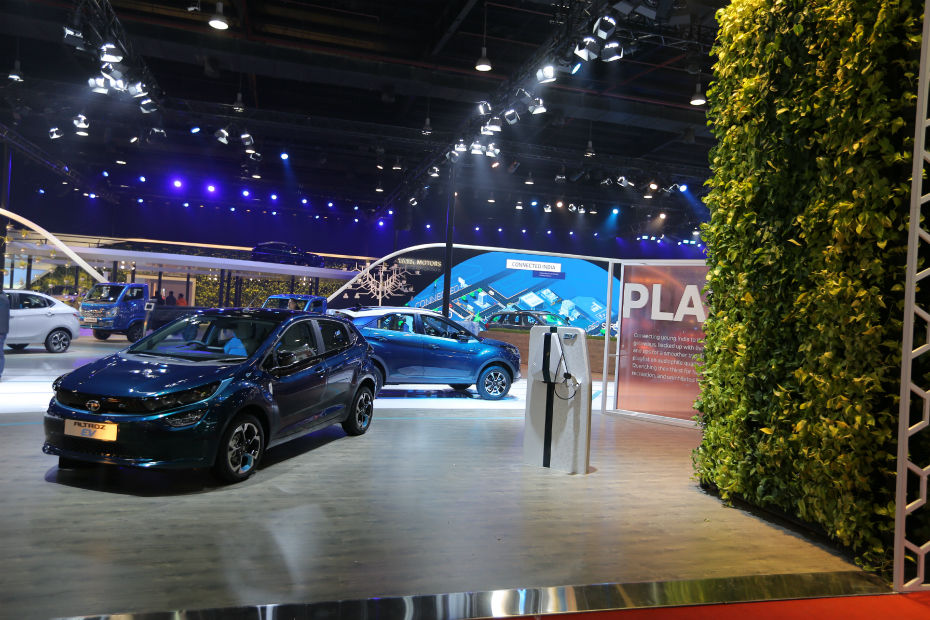Tata Motors: Indian Brand, Global Safety Standards
Published On Feb 18, 2020 11:23 AM By Sponsored
- Write a comment
Tata has taken the lead in improving India’s poor vehicle safety record. Here’s how.

Indian roads have a safety problem. The country has the dubious distinction of having the world’s highest road fatality rate. A major part of the blame for this sorry state of affairs lies with the poor safety record of Indian passenger cars. On the one hand, customer awareness about the importance of car safety is low while on the other, there aren’t enough safe as well as affordable options for the discerning Indian car buyer. It is this catch-22 situation that Tata has rectified with a passenger car line-up that is unarguably the safest in India.
Tata Motors – Making India’s Safest Cars
In 2018, Tata’s prowess in car safety tech gained global acclaim when the Nexon sub-4 metre SUV earned a 5-star Global NCAP (New Car Assessment Program) rating, making it the first India-made car to do so. A 5-star rating is the highest safety rating for adult occupant protection offered by the UK-based Global NCAP.

Following in the Nexon’s footsteps, Tata’s recently launched premium hatchback, the Altroz, too received a similar 5-star rating from the crash-testing agency. This was soon followed by a 4-star Global NCAP rating for the updated Tiago hatchback and Tigor compact sedan. All four cars scored a 3-star rating for child occupant safety.
This makes these cars unrivalled leaders of their respective segments when it comes to adult and child occupant safety. More importantly, this means that with two 5-star and two 4-star rated cars in its portfolio, Tata Motors is by far the safest Indian carmaker.
Acing Global and Indian Safety Standards
Global NCAP ratings are awarded after a car is tested in an offset-frontal crash test with a deformable barrier. The test is meant to simulate the impact of a real-life head-on collision between two cars. It involves the test car being driven at 64kmph and with a 40 per cent overlap into the deformable barrier.
In addition to offset-frontal, cars sold in India will undergo full-frontal and side-impact crash tests under local safety norms known as BNVSAP (Bharat New Vehicle Safety Assessment Program). However, unlike Global NCAP, BNVSAP proposes to conduct offset-frontal crash tests at 56kmph, full-frontal crash tests at 48kmph, and side-impact crash tests at 50kmph. This means that the four aforementioned Tata cars not only pass global safety standards but also upcoming Indian ones. Tata Motors is also working on updating the rest of its product line-up to meet these global and Indian car safety standards.
In addition to crash tests, BNVSAP rules also require cars sold in India to have ABS, driver-side airbag, speed warning alarm, seatbelt reminder for driver and co-driver, and rear parking sensors – features that these Tata cars get as standard fitment.
A Pioneer in Safety Standards

The success of Tata cars in meeting global crash test standards isn’t something that happened overnight. The groundwork for it was laid back in 1997, the year before the Indica’s launch. It was when Tata Motors established an in-house crash testing facility, making it the first Indian automaker to do so. Most of the initial work at this facility was focused around making Tata cars structurally safe for occupants. The fact that the company invested in such a facility at a time when India had no crash testing benchmarks or standards speaks volumes about Tata’s outlook towards car safety.
The Future of Car Safety Includes Pedestrians

Although a late starter, India was woken up to the need for having pedestrian-friendly cars on its roads. While the full-range of pedestrian safety features will become mandatory from October 2020, Tata Motors has already stepped on the gas by making the Nexon, Altroz, Tiago, and Tigor compatible with upcoming pedestrian protection norms. You can expect the remaining Tata cars to get these pedestrian specific safety upgrades soon.
Tata’s cars have always led the way when it comes to robustness, affordable ownership, and cabin space and comfort. But with its unrelenting and uncompromising focus on building safe as well as affordable cars, Tata Motors has taken a huge step towards making Indian roads safer.










